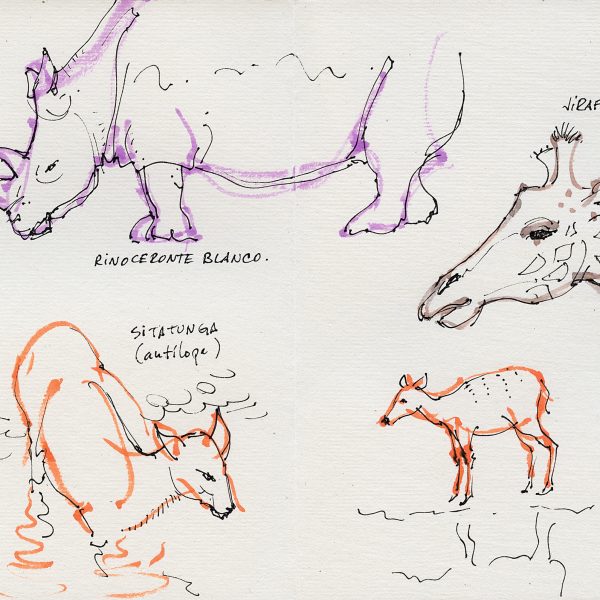
The Jews is the great constant of this book, persisting from Old Testament to Tel Aviv, as an ahistorical collective, undisturbed by text and politics, what the book calls ethnos, goy. This book’s apriori is the Jews as a goy.
By Elad Lapidot

When the authors speak of “our contemporary,” they must be wary of homogenizing the radically diversified world of contemporary Jewry and their equally diversified others.
By Vivian Liska

Once you see the penis-centric phrase “the uncircumcised”— some version of it appears in many, if not most of the ancient texts in the corpora mentioned in the book— it’s hard not to notice that, however empty a signifier goy may be, it still signifies something about the male body.
By Sarah Imhoff
